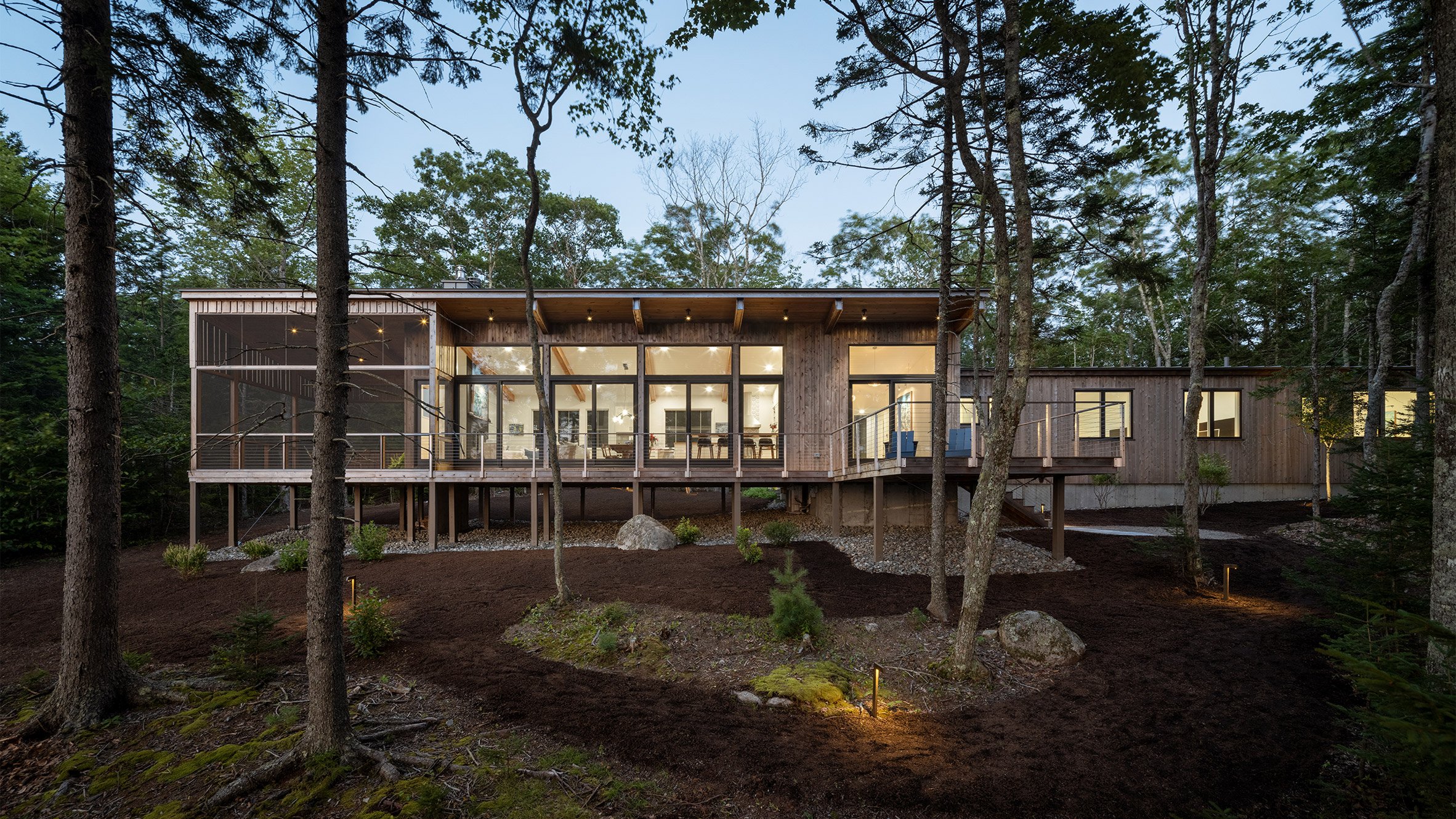Maine, renowned for its rugged coastline, pristine landscapes, and historic architecture, is home to a vibrant community of architects who contribute significantly to the state’s built environment. From preserving historic structures to designing sustainable modern homes, architects in Maine blend creativity with functionality, shaping the architectural identity of the region.
Architectural Heritage and Preservation
Maine’s architectural heritage is rich and diverse, with influences ranging from colonial and Victorian to contemporary styles. Architects in Maine often find themselves at the intersection of preservation and innovation, carefully restoring historic buildings while incorporating modern amenities. Iconic structures like Portland’s Victoria Mansion and the Wadsworth-Longfellow House stand as testaments to the state’s commitment to architectural preservation.
Sustainable Design and Innovation
In recent years, Maine architects have increasingly embraced sustainable design practices. The state’s commitment to environmental stewardship is reflected in projects that prioritize energy efficiency, local materials, and renewable resources. Architects are designing passive solar homes, LEED-certified buildings, and net-zero energy structures that minimize environmental impact and maximize efficiency.
Coastal and Rural Architecture
Maine’s coastal and rural landscapes offer unique challenges and opportunities for architects. Coastal homes often feature designs that maximize views while withstanding harsh weather conditions. Architects incorporate elements such as durable materials, elevated foundations, and expansive windows to create homes that blend seamlessly with their surroundings. In rural areas, architects design homes that respect the natural landscape and promote sustainable living.
Community-Centered Design
Maine architects understand the importance of community and often engage in projects that strengthen local identity and pride. They design community centers, schools, and cultural institutions that serve as hubs for social interaction and cultural exchange. Architects collaborate closely with residents, incorporating local preferences and traditions into their designs.
Emerging Trends and Future Directions
Looking forward, Maine architects are likely to continue exploring innovative design solutions that respond to evolving environmental and social challenges. Trends such as adaptive reuse of historic buildings, resilient design for climate change, and the integration of smart technologies are expected to shape the future architectural landscape of Maine.
